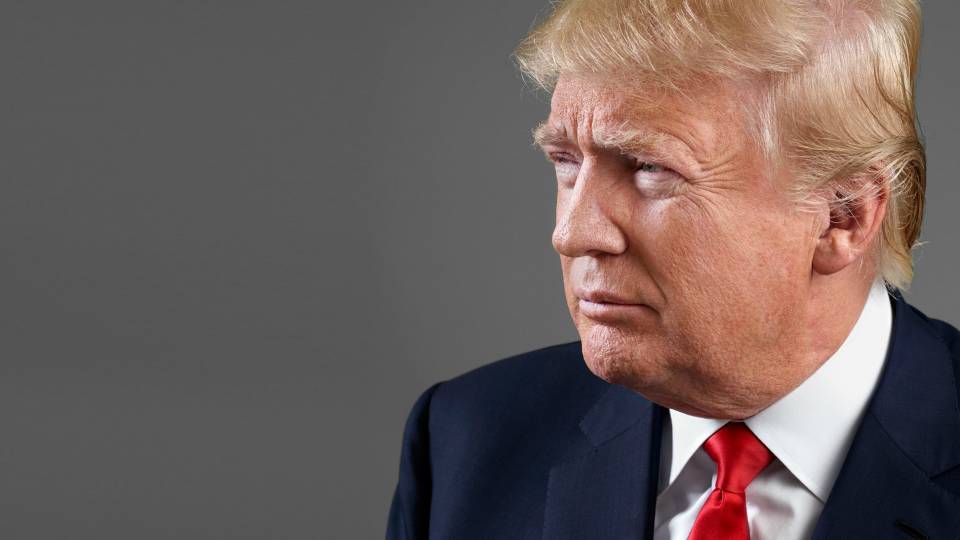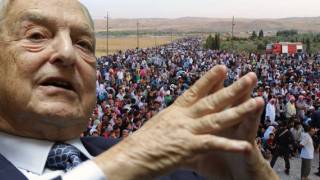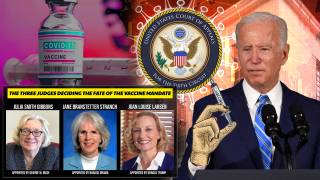Never-Trump delegates launch last-ditch bid to disrupt convention
Anti-Trump Republicans launched a last-ditch bid on Monday to deny the New York businessman the party’s nomination by trying to force a state-by-state vote at the Cleveland convention on the rules that bind delegates to back Donald Trump.
The effort stands little chance of succeeding, but could pose a major disruption to the proceedings just as party officials were trying to smooth over divisions. The Trump camp is said to be "livid" at the revived push.
"This is a big headache," one official told Fox News.
The group of Republicans has been working to upend convention proceedings by taking their objection of the presumptive GOP nominee to the convention floor. Trump’s camp has tried to dismiss the dissidents but as of early Monday afternoon, the Delegates Unbound group showed no signs -- at least in spirit – of giving up the fight.
The group claims to have the signatures from a majority of at least eight state delegations, which could allow them to file a report challenging the convention rules or other decisions. Their focus is specifically on the delegate rules. One member of the group said they've got 10 states in their corner.
“Despite every obstacle thrown in our way, the movement of all the stakeholders involved in this effort have gained a majority of the delegates in 10 states,” M. Dane Waters, co-founder of Delegates Unbound said in a written statement. “Now we take this fight to the floor.”
The group wants to change a rule that requires delegates to vote for the candidate they were committed to by the primaries and caucuses. Under current party rules, Trump’s nomination is essentially secured since he’s accumulated more than the 1,237 delegates required to win.
While Trump isn’t in danger of losing the delegates he needs to get nominated, the stamina of the anti-Trump movement is an embarrassing setback for the presumptive nominee.
Paul Manafort, Trump’s campaign manager, downplayed the events Monday morning during a press briefing with reporters.
“We don’t expect anything to come out of the rules committee,” Manafort said.
At a separate event he said, “It’s not a movement. It’s some rogue, recalcitrant delegates.”
Late Sunday, 14 insurgent members of the convention rules committee emailed their fellow GOP delegates asking them to oppose the rules that the panel approved, saying the proposals included "abuses of power."
Other delegates have threatened to walk out if the rules aren’t changed. If a major walkout happens and there are scores of empty seats in the arena, it would signify that the party is fractured.
"We won't sit around and coronate a king," said Colorado delegate Kendal Unruh, who like many insurgents has backed vanquished presidential contender Sen. Ted Cruz of Texas.
The convention's rules committee earlier had defeated the dissidents seeking to make the changes late last week, thanks to an alliance between the Trump campaign and RNC leaders on that panel. For a short time, it seemed to sideline the movement.
Manafort has said there is no longer a viable "stop Trump" movement, only some "malcontents" who don't represent the broader Republican Party.
Despite the tension, Manafort insists that the GOP is not showing signs of strain but instead is coming together in a show of party unity.
“Ninety-four to 95 percent have come together,” Manafort said.
Still, high profile Republicans have decided to skip the convention – as well as withhold their endorsement of the New York real estate mogul.
Former Presidents George H.W. Bush and George W. Bush said they would not attend the Cleveland convention – which seemed fine with Manafort.
“They are part of the past,” Manafort said. “We think that the unification is happening and we hope that when the Bush family decides to participate again in the political process, that they will join us. We would welcome them handily. We’ve reached out to them but healing takes time.”
Manafort called Ohio Gov. John Kasich’s decision not to speak at the event “a difficult situation.”
“It’s a difficult situation when the home state governor doesn’t participate in the convention process … We invited him. We wanted him to participate, he chose not to. We think that's the wrong decision. There were no conditions put on him.”






















